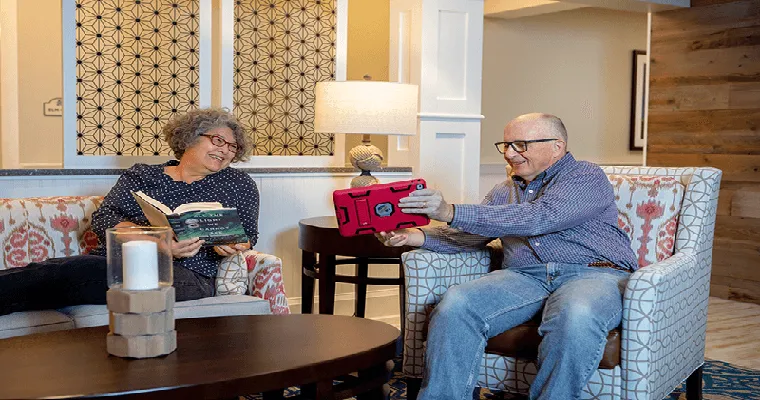The transition from "assisted living" to "memory care" can be a challenging experience for both residents and their families. Many families find themselves in a situation where a loved one’s cognitive decline necessitates a move to a more specialized environment. This article explores the reasons behind these forced transitions and shares insights from those who have navigated this difficult journey.
When a loved one begins to exhibit signs of "dementia" or other cognitive impairments, assisted living facilities may determine that they can no longer provide the appropriate level of care. This decision is often based on safety concerns, the need for increased supervision, and the requirement for specialized services that are typically available in "memory care" facilities. As families grapple with this tough situation, many ask, has anyone been through this before?
It is essential to understand that you are not alone in this experience. Many families have faced similar challenges when a resident in assisted living begins to show more advanced symptoms of memory-related issues. The emotional toll of such a move can be significant, and it often brings up feelings of guilt, sadness, and uncertainty.
Why the Transition Happens
1. "Increased Care Needs": Assisted living is designed for individuals who require help with daily activities but can still maintain a degree of independence. As cognitive decline progresses, residents may need more assistance, prompting the need for a move to memory care, which offers a structured environment and specialized staff trained to manage these complexities.
2. "Safety Concerns": Residents with memory impairments may wander or become disoriented, posing safety risks. Memory care facilities are equipped with secure environments to ensure residents are safe while receiving appropriate care tailored to their needs.
3. "Behavioral Changes": As dementia progresses, individuals may exhibit challenging behaviors that are difficult for staff in assisted living to manage. Memory care facilities are specifically designed to handle these behaviors, providing a calmer environment equipped with trained professionals.
Personal Experiences
Families who have gone through this transition often share their experiences in support groups or online forums. Many describe the initial feelings of anxiety and fear about the decision. However, they also highlight positive outcomes, including improved quality of life for their loved ones.
For instance, one daughter recalls the day her mother was moved to memory care. She initially felt guilty for making the decision, but soon realized that her mother was receiving the focused care she needed. Over time, she noticed her mother was more engaged and happier in her new environment, surrounded by staff who understood her condition.
Seeking Support
If you find yourself facing a similar situation, it is vital to seek support. Many communities offer resources for families navigating the complexities of assisted living and memory care transitions. Joining support groups or connecting with other families can provide comfort and understanding, as well as practical advice on how to manage the emotional challenges.
Conclusion
Transitioning from assisted living to memory care is a significant step that many families face as their loved ones experience cognitive decline. While the decision can be difficult, it is crucial to focus on the well-being of the individual requiring care. Understanding the reasons behind the move and seeking support from those who have been through similar experiences can help ease the transition. Remember, you are not alone in this journey, and many have successfully navigated the path from assisted living to memory care.





